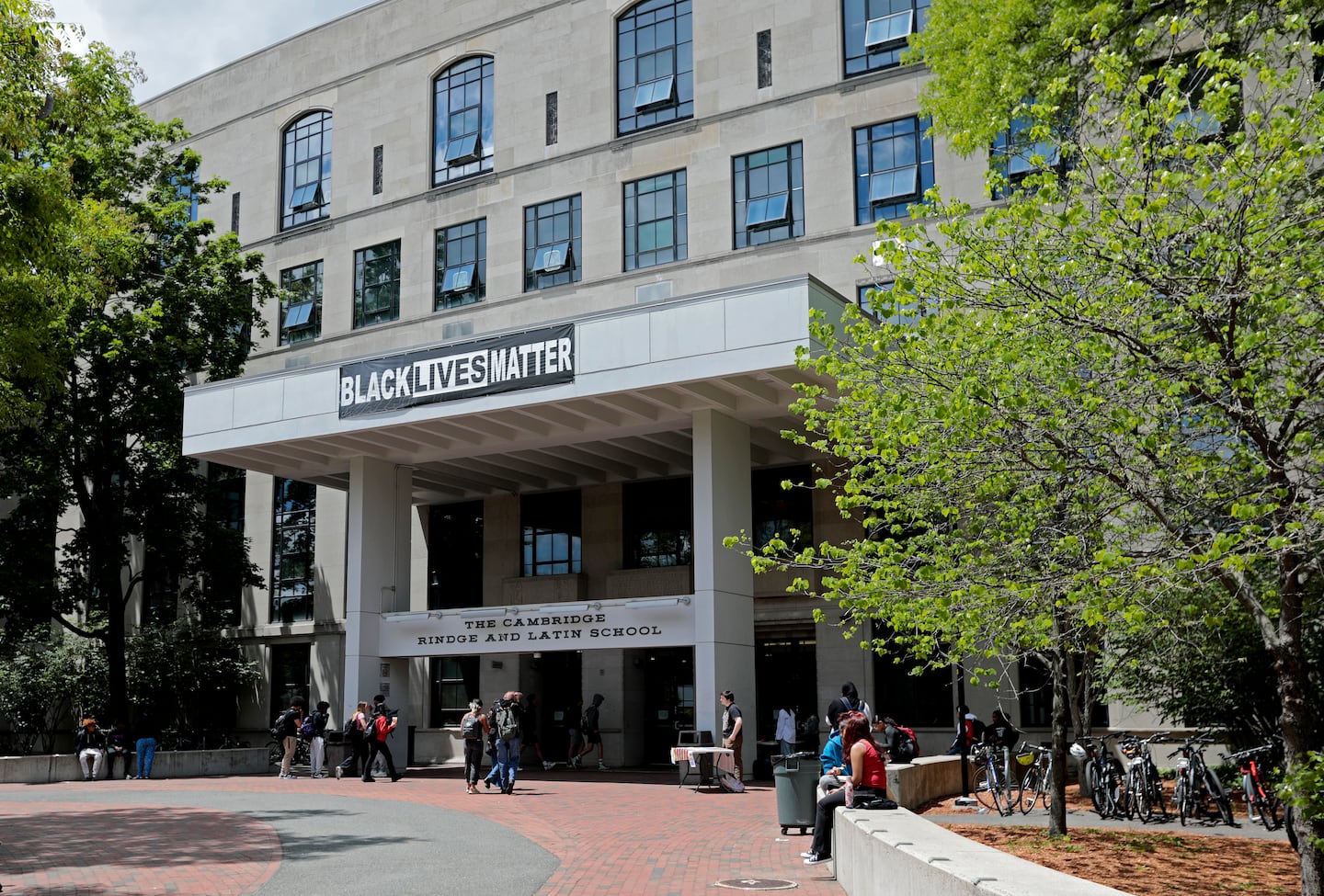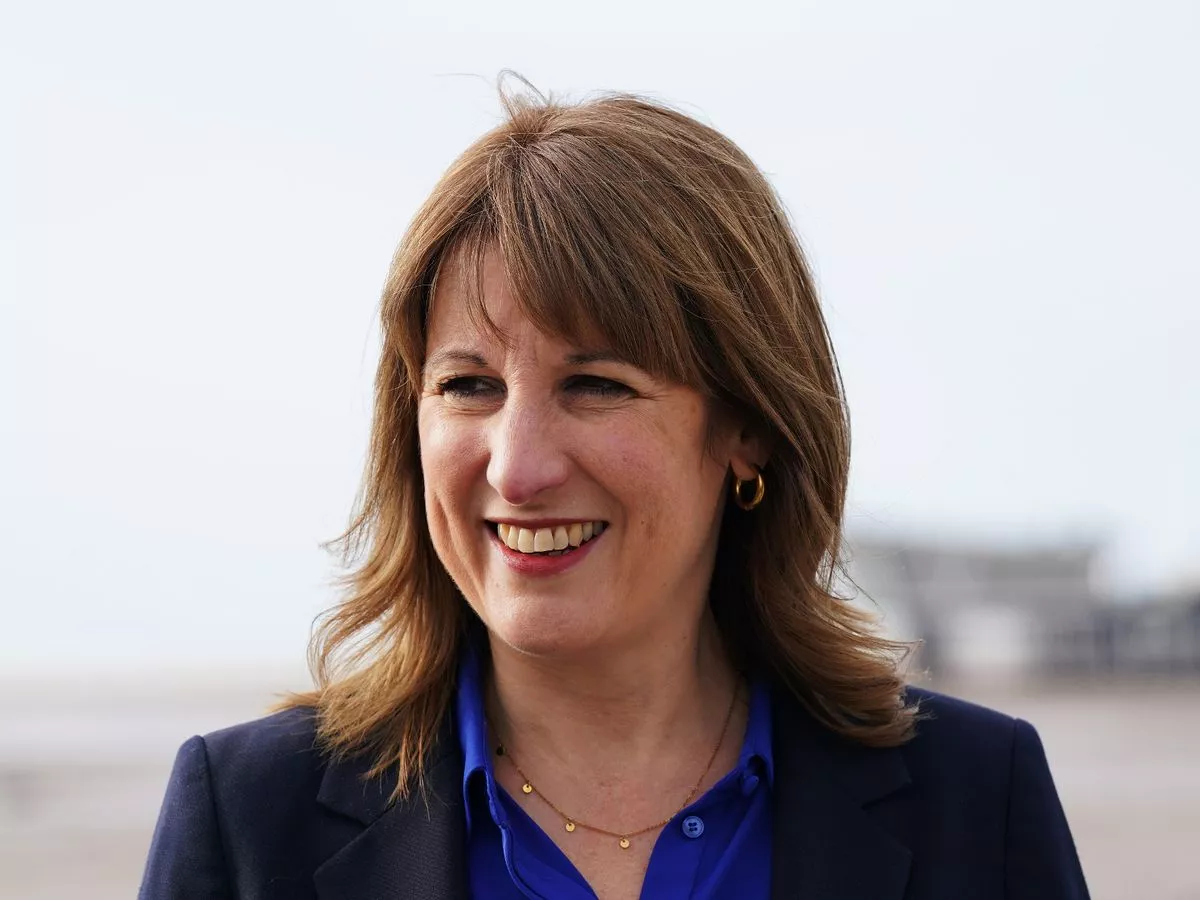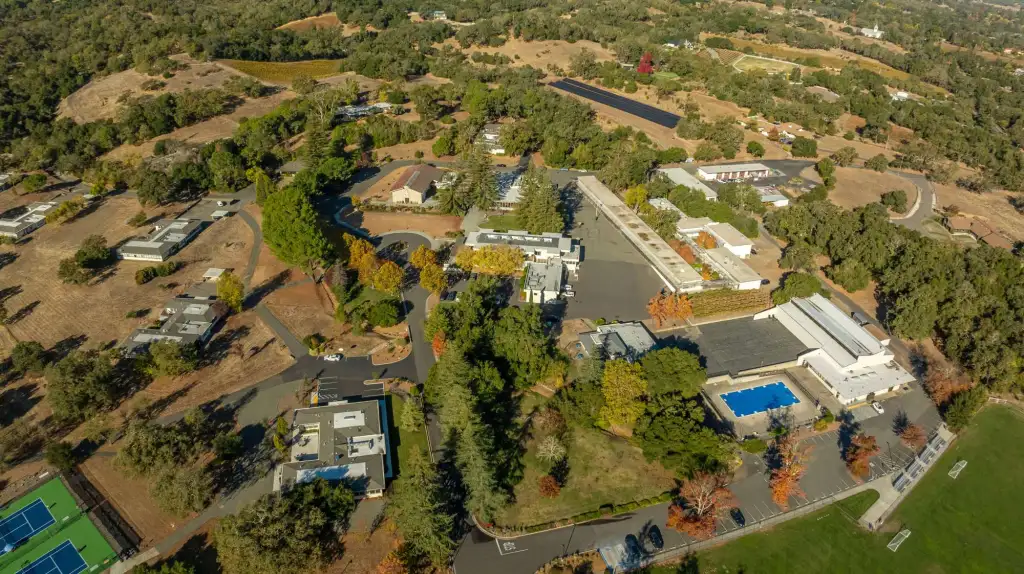
Garcia, who is currently an assistant superintendent in Revere, has not yet answered questions publicly about the lawsuit, or about separate allegations made against him in a 2013 divorce, as the city moves toward filling the seat vacated by its former superintendent, Victoria Greer. The school committee voted in 2024 to end her contract early.
The search process has come under criticism this year from teachers and elected leaders who, amid controversy over another candidate’s past, say the firm hired to help did not do enough to recruit quality applicants and account for obvious red flags in some candidates’ pasts. The teachers union has called for the school committee to start the process over again.
In private, as school committee members have been meeting face-to-face with the three finalists for the superintendent job, some have queried Garcia about the cases as they consider his fitness to lead the district and its 17 schools, $280 million budget, and more than 7,000 students.
One of those committee members, Elizabeth Hudson, said she had spoken with Garcia about the crypto lawsuit but did not get a satisfactory answer about what happened.
“It raises questions about his judgment that he didn’t fully answer for,” she said. “Even if he did have a good answer, I think that having happened is sufficient to make me believe that you’re not going to be a good steward of the resources and complexity that we have in the district.”
“Has everybody made mistakes? Absolutely, and there’s an argument to be made that you learn from that,” Hudson said. “On the other hand, we can’t afford an oopsie like that.”
Garcia declined to comment on the lawsuit and the divorce allegations. When asked by a reporter about them, he wrote to the Globe’s top editor claiming that documents related to the cases were sealed and threatening legal action if the Globe published a story about them. The Globe obtained the documents through a publicly accessible online courts database and in person at a courthouse.
The district has been without a permanent leader since the School Committee ousted Greer, its prior superintendent, from the role in May of 2024.
The other two finalists are David Murphy, who has been serving as Cambridge’s interim superintendent since Greer left, and Magaly Sanchez, who is chief family advancement officer for Boston Public Schools.
All three took part in a public forum on Thursday night where they were asked pre-selected questions from community members, none of which mentioned the legal matters involving Garcia. The finalists are also set to answer questions publicly at a School Committee hearing Tuesday afternoon.
The committee is set to vote on its pick for the job on October 6.
Not everyone thinks they should. Significant controversy has followed the search since the city’s teachers union expressed outrage last month that the city considered as part of the behind-the-scenes interview process a candidate named Adam Taylor, a former superintendent in Vermont who gained notoriety in that state over crude public comments he made in 2019.
That year, Taylor, in a talk at Castleton University, said teachers need to build relationships with students the way a “pimp,” a “Catholic priest,” or a “pedophile” does. He has apologized for the remarks.
Taylor said in an interview with the Globe that he has been upfront about the gaffe, and that, if asked during the superintendent search, he would have been willing to discuss it, as well as the work he said he actually did in his career as an educator to build positive relationships with troubled young people.
“Everyone wants to judge me on a mistake I made,” he said. “I’m disappointed I wasn’t given the opportunity to explain.”
Taylor was not ultimately named a finalist, but was among the candidates who were interviewed behind closed doors for the position by community members, according to four people who participated in those interviews but asked not to be identified because they signed a non-disclosure agreement.
The Cambridge Education Association, the city’s 1,500-strong teachers union, has said the fact that he made it as far as he did was evidence that the way the city screened candidates was flawed. More than 1,500 people have sent versions of a union-written letter to the school committee calling for officials to “halt the current process.”
“We just didn’t do our due diligence,” union president Chris Montero said.
“How many more things are we going to learn?” Montero asked. “How many more times are we going to question what the hiring firm was doing when they should have been vetting these people?”
Cambridge Mayor E. Denise Simmons, who serves as the chair of the school committee, declined to comment on the candidates directly, but said she was confident the search process had been done properly.
“The process is wonderful. It’s been very, very inclusive, very engaging on new and different levels,” she said.
“We are following the process that the school committee voted for,” Simmons added.
To help lead the search, the city this year hired a firm called The Equity Process. Its founder and CEO Cyndi Weekes Bradley did not respond to multiple requests for comment.
Simmons would not comment on the behind-the-scenes work that led to the selection of the finalists, but said she stood by the firm and the work it did.
“They were extraordinary,” Simmons said. “I’m so glad that the district decided to retain them.”
Garcia is a decorated administrator with a doctorate in urban education who has said he speaks six languages. How he came to lose so much money in the transactions described in his bank lawsuit has yet to be fully explained in the public superintendent search process.
In court documents, he said that he used $751,500 of his money to buy cryptocurrency via the exchange company Crypto.com, and thereafter from a purported crypto platform called CoinEgg. Soon, he alleged in court, he “discovered that the CoinEgg platform is a scam.” He “therefore lost all of the funds ultimately transferred there,” the documents said.
He sued Santander in 2022, arguing in a lawsuit that his multiple big withdrawals in a short period of time were out of character for him, and should have triggered anti-fraud protections of a bank that knew how common fraud and scams are in the crypto industry. But, Garcia alleged, the bank “failed to stop or even question the transactions.”
A Superior Court judge wasn’t convinced. In ruling against him, the court in 2023 found that Santander had done nothing wrong. After all, it said, Garcia “withdrew the money himself.” The Appeals Court affirmed the ruling in April of this year.
It is not the only aspect of Garcia’s past that has yet to get a public airing in the monthslong superintendent search.
Publicly available court documents also show that in 2013, Garcia was accused of domestic violence by his now ex-wife in a divorce proceeding. Court documents she filed that year alleged he “was cruel & abusive to the plaintiff by striking her in the face & struggling w/her causing serious bodily injury.” In a 2015 filing, she alleged he “often denigrated her, yelled at her, and on several occasions physically abused her.”
In court filings, he denied the claims and said he “never abused” his ex-wife “physically, emotionally, or verbally.”
Garcia was not asked about either case in an interview with Cambridge residents, teachers, and officials who were tapped to screen the candidates earlier this year, the four people who participated in the process of interviewing candidates said. Those interviewers said they were not told the identities of the candidates in advance, and were discouraged from Googling them.
If they looked Garcia up online, his history would have been hard to miss. As of this month, a legal document detailing his cryptocurrency woes appeared on the first page of Google search results for his name. The divorce paperwork is accessible online with just a few clicks on a state database.
It did not surprise Glenn Koocher, executive executive director of the Massachusetts Association of School Committees, that even easy-to-find gaffes, allegations, and legal proceedings might not yet be discussed publicly, even this far into a superintendent search.
Koocher, who is himself a former Cambridge school committee member, has overseen nearly 100 superintendent searches over 25 years. He said high levels of secrecy are common, and that strict information controls and privacy protections keep screeners from being influenced by rumors and innuendo they might hear about or read online.
Different search firms have different protocols, he said. Koocher does not, for example, tell screeners explicitly not to Google applicants’ names, although he does warn them not to believe everything they read about them on the internet.
Because of the trickiness of the steps involved, Koocher said, superintendent searches can come with surprises, twists, and controversies.
“The running gag is all of these superintendent searches are like movies,” Koocher said. “Sometimes it’s a Disney family movie, and it works out fine. Sometimes it’s a Hitchcock movie and it’s really strange.”
Despite pressure from the union, there has been little appetite for starting the laborious search process anew among elected leaders, including those who have been critical of how this one was conducted.
“I’m disappointed about how it’s been managed, but these process concerns should not be used as an excuse to derail the search entirely,” Hudson said. “We have a couple of strong finalists. We owe it to the students and the families and the educators of Cambridge to move forward and choose the best leader for our schools.”



